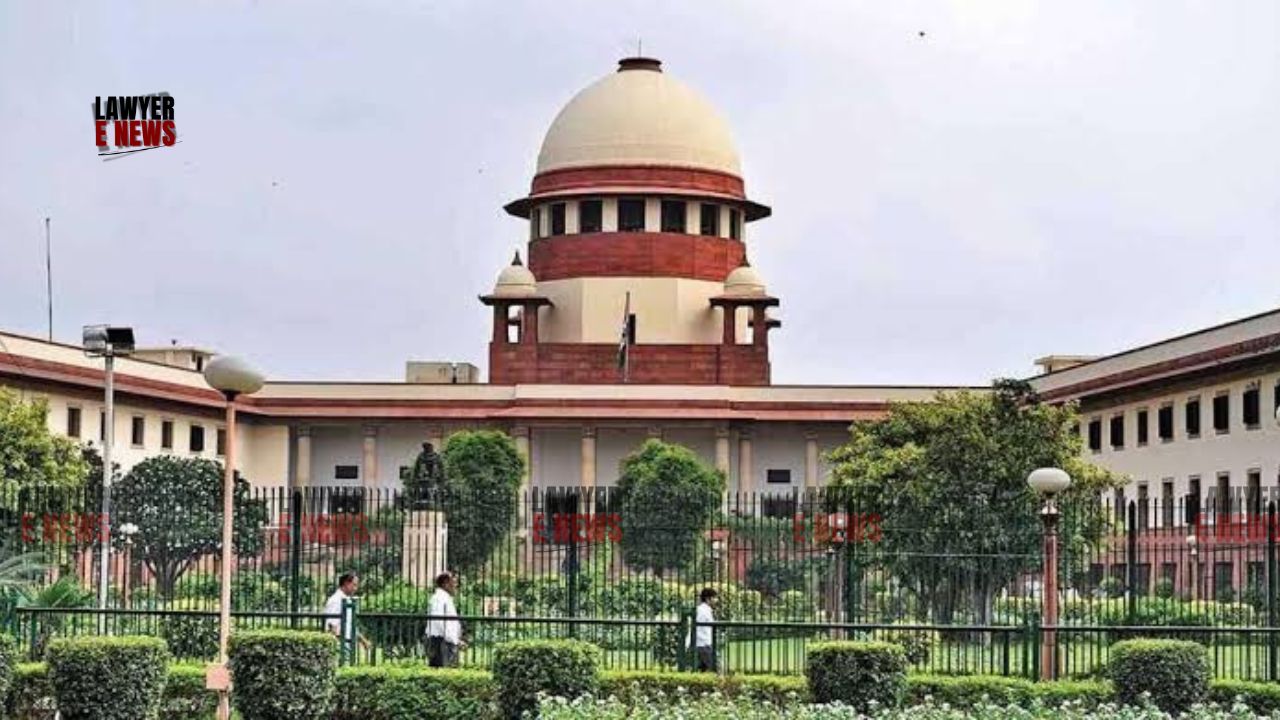-
by Admin
15 February 2026 5:35 AM



On September 23, 2024, the Supreme Court of India in Fuleshwar Gope v. Union of India & Ors. delivered a key judgment regarding the procedural requirements under the Unlawful Activities (Prevention) Act, 1967 (UAPA). The Court dismissed an appeal challenging the validity of sanctions for prosecution, emphasizing that statutory timelines must be strictly followed and independent review must be conducted. The ruling clarified critical aspects related to sanctioning processes, corporate liability, and misjoinder of charges under UAPA.
The appellant, Fuleshwar Gope, was accused of being associated with the People’s Liberation Front of India (PLFI), a proscribed terrorist organization. He allegedly aided in laundering funds for PLFI through a company of which he was a director. Gope was prosecuted under UAPA, IPC, and the Criminal Law Amendment Act, 1908. He challenged the validity of the sanction issued for his prosecution, claiming delays and non-application of mind by the authorities. He also contested his liability under Section 22A of UAPA, arguing that he had no knowledge of the company's unlawful activities.
Mandatory Timelines for Sanctions under UAPA: Gope argued that the UAPA sanctions were issued after significant delays, violating the mandatory timelines under the Unlawful Activities (Prevention) (Recommendation & Sanction of Prosecution) Rules, 2008, which require that recommendations and sanctions be completed within seven working days.
The Court held that the timelines in Rules 3 and 4 of UAPA are "mandatory" and must be strictly adhered to, stating, “Timelines ensure procedural fairness in prosecutions under UAPA and must be followed to the letter.” However, it added that challenges to sanctions should ideally be raised at the trial stage and not delayed unnecessarily.
Independent Review and Application of Mind: The appellant contended that the authorities granted sanctions without due independent review, as they took only a day to process the case.
While the Court underscored the necessity of independent review, it rejected the argument that the short time taken by authorities implied non-application of mind. It ruled, “Independent review must be substantive, but the time taken alone is not conclusive of a lack of due process. This is a matter for trial evaluation.”
Misjoinder of Charges: The appellant claimed he had been wrongfully included in a case involving multiple unconnected transactions.
The Court dismissed this claim, holding that the charges were part of the same continuing conspiracy. “Where there is commonality of purpose and continuity of action, joinder of charges is permissible under the law,” the judgment stated. The issue of prejudice from the joinder, however, was left for the trial court to assess.
Corporate Liability under Section 22A of UAPA: Gope also invoked Section 22A of UAPA, asserting that he was not responsible for the company's activities and had no knowledge of the alleged unlawful transactions.
The Court ruled that Section 22A of UAPA places the burden on the accused to prove lack of knowledge or reasonable efforts to prevent the offence. "Whether Section 22A applies or not is a matter to be decided through trial evidence," the judgment clarified.
The Supreme Court's ruling highlights the procedural safeguards under UAPA, affirming that timelines for sanctions and independent review are mandatory but can be addressed at trial. It emphasized that questions of sanction validity, misjoinder of charges, and corporate liability must be assessed through evidence presented at trial, not prematurely at the appellate level.
Date of Decision: September 23, 2024
Fuleshwar Gope v. Union of India & Ors.
